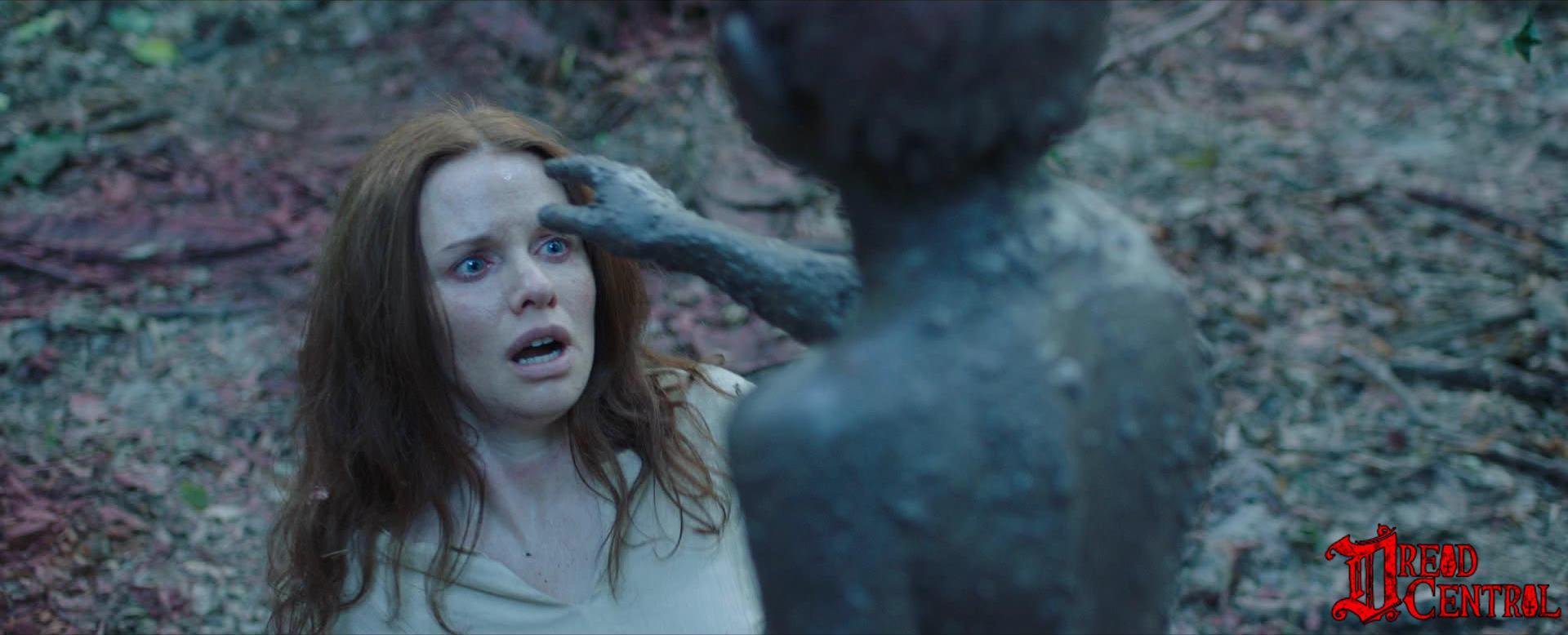THE GOLEM
Epic Pictures
Reviewed for Shockya.com & BigAppleReviews.net by: Harvey Karten
Director: Doran Paz, Yoav Paz
Screenwriter: Ariel Cohen
Cast: Hani Furstenberg, Ishai Golen, Brynie Furstenbwerg, Daniel Cohen, Adi Kvetner, Lenny Ravich, Alex Tritenko, Olga Safronova
Screened at: Critics’ link, NYC, 1/8/19
Opens: February 1, 2019
“The Golem” is a folklore story that over the years, at least since 1915, has been reinterpreted to bring the action up to what modern audiences crave. For example, the original, the 1915 version “Der Golem” shown in the U.S. as “The Monster of Fate,” was the opener of a trilogy that continued with versions in 1917 and 1920. (The 1920 version was shown years ago at Lincoln Center with a live organist to replicate the way that folks saw silent movies a century ago.)
Generally, the entire series of Golem films revolve around the way Jews discover a chance to defend themselves against the anti-Semitic Christians (so-called Christians would be more accurate for the haters). There is also the element that recalls the proverb, “Be careful what you wish for. You may get it.” This would apply as well to the Frankenstein episodes wherein Dr. Frankenstein creates what was looked upon as a monster though he was in truth a gentle person, persecuted by the population until the monster turned killer.
In the current version scheduled to open in New York’s Jewish Community Center or JCC February 1, the Israeli Paz brothers utilize the tropes of modern horror. But there’s a difference. Here lies notable element that would resonate with any persecuted people, in this case Jews who because they form only a minority wherever they live are picked on, oppressed, persecuted, and condemned, usually by anti-Semites who need scapegoats for their own problems. That’s where “The Golem” resonates with real life. In 1948, after centuries of being a minority in every country, Jews took Israel as their homeland and acted quite differently from the way they lived their lives in the diaspora—meaning outside of the homeland. Realizing the absurdity of trying to reason with the enemy, Israelis were forced to fight five wars, when losing a single one would mean the end of the Jewish State. Without a golem to protect them in 17th century Lithuania, village Jews would have been destroyed.
Doran and Yoav Paz are known primarily for their 2015 film “Jeruzalem”—scheduled for a sequel shortly—and which deals with a flight of young adults to Jerusalem where they encounter a Biblical nightmare. Similarly, in 17th century Lithuania, a woman becomes a hero by conjuring a powerful figure, a golem, to save her village from anti-Semites who blame them for a plague. Specifically, Hanna (Hani Furstenberg), unable to provide her husband Benjamin (Ishai Golan) with a son after the loss of their child, violates the standards of the Jewish community by seeking solutions to two problems. One is that she wants to create a figure out of mud to replace the boy she lost. Second is the need for protection against hostile men on horseback. A plague makes Vladimir (Alex Tritenko) suspect that the Jews are at fault, as his young daughter has become frightfully ill. He gathers his landsmen with the aim of wiping out all the Jews and burning down their entire village. When Hanna sculpts the figure of a boy in the mud, she has someone who can save the Jews, but at the same time, like the Frankenstein monster, he will turn on the community, which makes for a rousing, violent, bloody conflict. See it on the big screen.
In this community in 1673, women did not have nearly as great a role in Jewish prayers as men. Under Judaic law, ten men would form a minyan. Without the minyan, prayer would not be effective. Women were not allowed to join any minyan, which makes this “Golem” a horror tale that shows how Hanna has been seriously underrated by the men—though she got substantial help from a male, the title golem (Daniel Cohen), able to wave his arms and decapitate the enemy one by one. If he turns on his own people, it’s the fault of the folks he saved. The town healer Perla (Brynie Furstenberg) wants to destroy the boy as a freak of nature who could, and does, turn violent even against the Jews.
Some might argue that the dialogue is not on a Shakespearean level, but the picture’s simplicity will draw young audiences, including young women who would not usually be caught dead in a horror show. Fine performances abound by Ishai Golan, and especially Furstenberg. The orthodox Jews serve as a splendid Greek chorus.
Filmed in Ukraine and Israel, “The Golem” is in English with no subtitles.
95 minutes. © 2019 by Harvey Karten, Member, New York Film Critics Online
Story – B
Acting – B-
Technical – B
Overall – B






